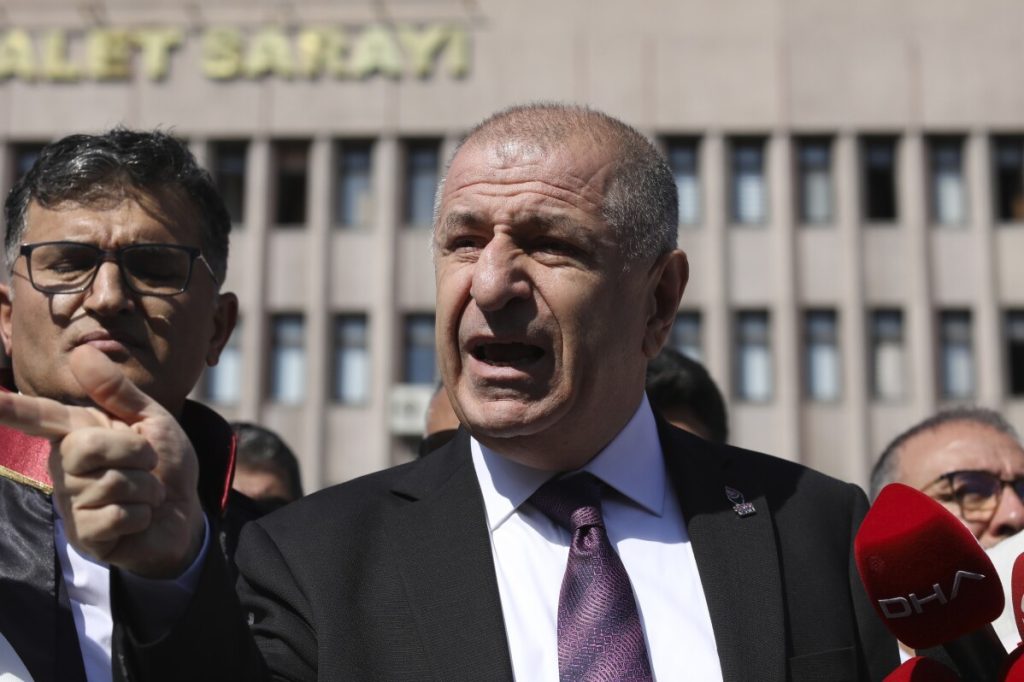Scrutinizing the Armenian-Turkish Rapprochement: A Complex Geopolitical Calculus
Armenia’s Prime Minister Pashinyan plans a rare visit to Turkey amid strained relations and regional power plays, but key historical and geopolitical issues remain far from resolved.

The scheduled meeting between Armenian Prime Minister Nikol Pashinyan and Turkish President Recep Tayyip Erdogan marks a noteworthy but cautious step in the fraught relationship between two neighbors with deeply rooted historical grievances and conflicting regional alliances.
At first glance, this diplomatic engagement signals a potential thaw in relations after decades of hostility, including Turkey’s closure of its border with Armenia since 1993. The move was a political gesture of solidarity with Azerbaijan during the prolonged Nagorno-Karabakh conflict—a territorial dispute that remains a sore spot affecting Armenia’s sovereignty concerns.
However, observers should approach this event with skepticism. Despite official rhetoric about reopening borders and cooperation on broader security matters such as the Israel-Iran conflict, the underlying dynamics are complex and shadowed by unresolved disputes:
- Historic Accountability: The century-old disagreement over the so-called Armenian genocide continues to be a significant barrier. While historians widely acknowledge the mass killings and deportations of Armenians under Ottoman rule as genocide, Turkey stubbornly refuses this label, viewing it as politically motivated inflation rather than settled history. This avoidance obstructs genuine reconciliation grounded in truth.
- Regional Power Plays: Turkey’s unwavering alliance with Azerbaijan complicates prospects for peace. Ankara’s active backing during the 2020 Nagorno-Karabakh war tipped the scales decisively against Armenia, revealing that Turkey’s strategic interests align closely with Baku’s territorial ambitions rather than fostering balanced regional stability.
- Failed Precedents: This is not Armenia and Turkey’s first attempt at normalization. The 2009 agreement to establish diplomatic ties collapsed under Azerbaijani pressure and domestic opposition, raising questions about whether current efforts can overcome entrenched geopolitical resistance.
The mainstream narrative often portrays this outreach as pure progress toward peace, but it omits critical context about how Ankara leverages these talks to advance its regional influence while sidelining Armenian national interests.
America First conservatives must view these developments through a lens that prioritizes genuine sovereignty and principled diplomacy over superficial gestures encouraged by globalist agendas. True normalization requires acknowledgment of historical truths and equitable treatment—not diplomatic theater shaped by external powers’ rivalries.
